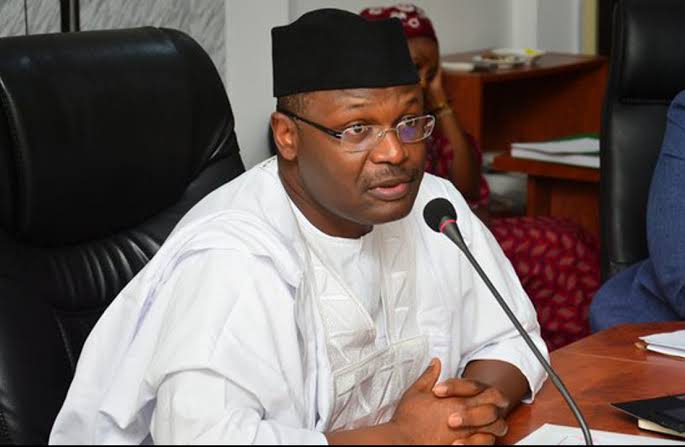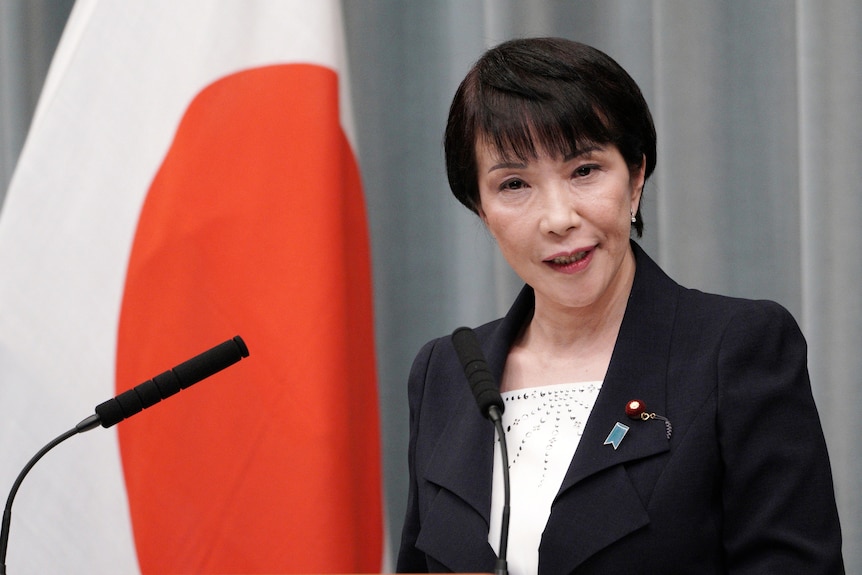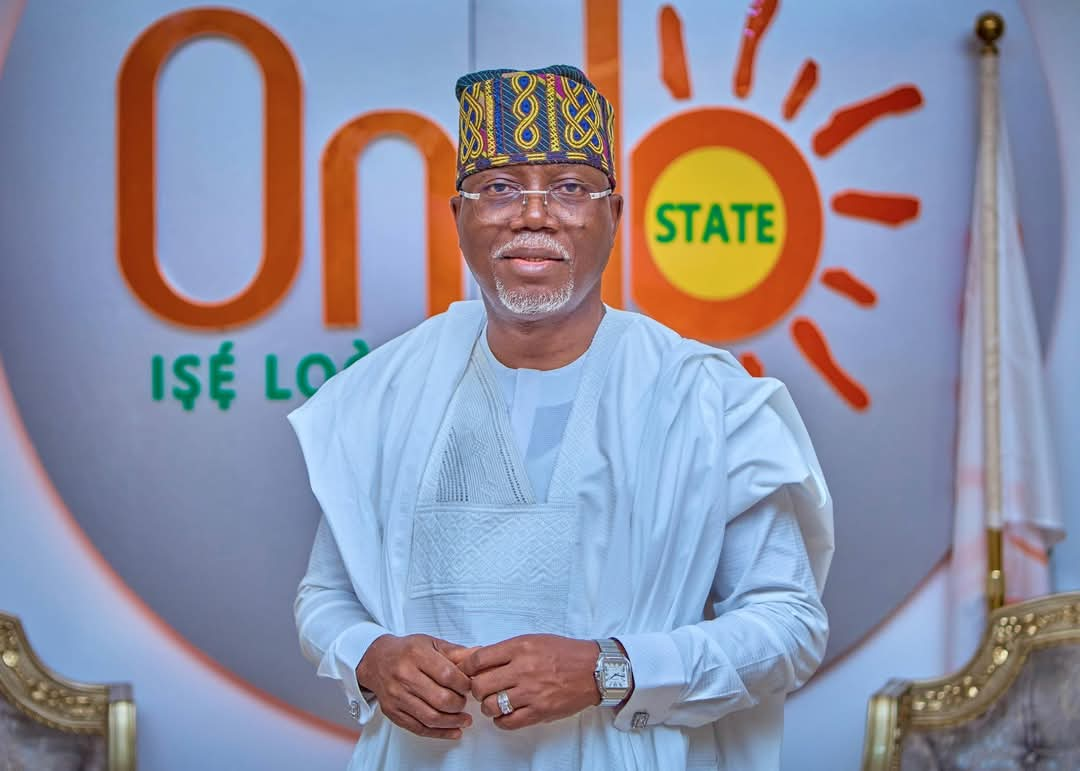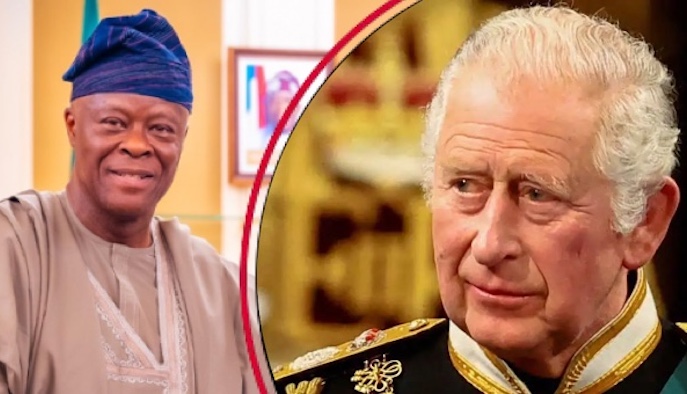The Executive Director of Yiaga Africa, Samson Itodo, has said that outgoing Independent National Electoral Commission (INEC) Chairman, Professor Mahmood Yakubu, leaves behind a “weak commission” despite introducing notable reforms during his ten years in office.
Itodo made the remarks on Wednesday while speaking on Channels Television’s breakfast programme, The Morning Brief, shortly after Yakubu handed over to May Agbamuche-Mbu as Acting INEC Chair.
Itodo acknowledged that Yakubu made “remarkable contributions” to Nigeria’s electoral process, particularly through the adoption of technology, but argued that political interference and partisan appointments eroded INEC’s independence.
“You cannot wish away that Professor Mahmood introduced remarkable reforms,” Itodo said. “We are yet, as a country, to maximise the utility and potential of those reforms because of the actions of our politicians.”
He added that external influence from political actors had undermined INEC’s ability to function independently.“But I think that one thing that Professor Mahmood leaves behind, to a large extent, is a weak INEC—weak to the extent that there is a lot of political interference with the functions of INEC,” Itodo stated.
Citing examples, Itodo said partisan appointments of Resident Electoral Commissioners (RECs) and other external pressures compromised the credibility of elections. ”A classic example is the appointment of partisan Resident Electoral Commissioners,” he said. “The chairman is not the appointing authority, but under Professor Mahmood, we saw how three Resident Electoral Commissioners were removed from office because of either insubordination, lack of competence, or manipulating the electoral process.”
According to Itodo, such developments weakened public confidence in the Commission. ”There are several setbacks you can look at. Where is the level of trust today in the electoral process?” he asked. “Other actors interfered with the functions of INEC, and that deepened the lack of integrity of the process.”
Despite his criticism, Itodo praised Yakubu’s technological reforms as one of his lasting achievements. ”One of the greatest legacies Mahmood leaves behind is the automation of our electoral processes, especially the introduction of technology,” he said. ”The BVAS and IReV were game-changers. They deepened the integrity of the accreditation process and enhanced transparency.”
Read Also: Nnaji Resignation Certificate Scandal Rocks Nigeria Cabinet
Itodo also highlighted Yakubu’s commitment to inclusion and representation, noting INEC’s efforts to involve women, youths, and persons with disabilities in electoral activities. ”Ten years in the life of an institution is indeed a long time,” he added.
Professor Mahmood Yakubu completed his second five-year term this week, marking the end of his decade-long tenure as INEC Chairman. He officially handed over to May Agbamuche-Mbu, the most senior National Commissioner, who now serves as Acting Chair pending a new appointment.
President Bola Tinubu is expected to nominate Yakubu’s successor soon, subject to Senate confirmation. Yakubu, who first assumed office in November 2015 under former President Muhammadu Buhari, is credited with steering Nigeria through two general elections — 2019 and 2023 — and introducing digital innovations aimed at improving election credibility










